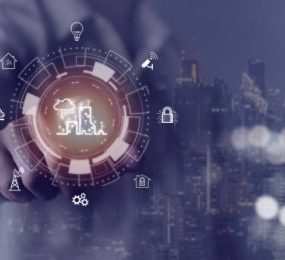Cyber Security Standards and Frameworks for the Energy Sector
The energy sector, a critical infrastructure, is increasingly vulnerable to cyberattacks. These attacks can lead to disruptions in power supply, data breaches, and financial losses. To mitigate these risks, robust cybersecurity standards and frameworks are essential.
Several international standards and frameworks provide guidelines for securing critical infrastructure, including the energy sector. The National Institute of Standards and Technology (NIST) Cybersecurity Framework is a widely adopted standard that offers a risk-based approach to managing cybersecurity risks. It provides a set of core functions, including identify, protect, detect, respond, and recover, which can be tailored to the specific needs of the energy sector.
In addition to NIST, other relevant standards include the International Electrotechnical Commission (IEC) 62443 series, which focuses on cybersecurity for industrial control systems. This series provides specific requirements for securing devices, networks, and systems used in energy generation, transmission, and distribution.
By adhering to these standards and frameworks, energy organizations can strengthen their cybersecurity posture. This includes implementing strong access controls, network security measures, and incident response plans. Regular security assessments and audits can help identify vulnerabilities and ensure compliance with industry best practices. As the threat landscape continues to evolve, it is crucial for the energy sector to stay informed and adapt to emerging cyber threats.
Visit our website to know more: https://www.leadventgrp.com/events/2nd-annual-energy-and-utilities-cyber-security-forum/details
For more information and group participation, contact us: [email protected]
Leadvent Group - Industry Leading Events for Business Leaders!
www.leadventgrp.com| [email protected]
















